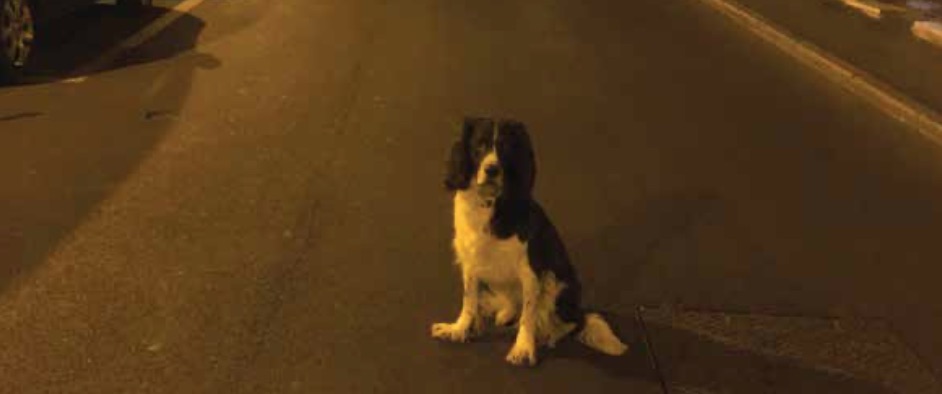This issue of Vedere Oltre is published as we are still finding ourselves at the centre of a present which, at times, seems never to become the future. We have gone through several phases and we hope that soon there will be part of our past. The tragedy we unfortunately now know so well has impacted the Istituto Cavazza and its activities just as it did everyone else. Among other activities, there were those of the Typhlotechnical and Computer Service, which continued through remote technical support. A team of experts was available to help those who had IT problems, which were unfortunately common given the new teaching method. There was also educational, pedagogical and psychological counselling for families and teachers during these difficult times. This lockdown has taken a toll on all of us, but particularly more so on differently abled people. The debates of the past months have not further deepened the subject of disability.
People with disabilities who do not have access to the full spectrum of services in so-called normal situations have faced undue hardships, confronted with the absence of procedures. They have not been sufficiently considered in the process and not equipped to get their own bearings in a deeply changing world driven by emergency. We know now what social distancing means, but for two million people who live with vision loss and who have multiple disabilities, this may be synonymous with isolation. The Italian Union of the Blind and Partially Sighted (UIC), thanks to its president, Mario Barbuto, launched an awareness message to institutions and the public on the critical issues needing to be addressed. The lack of technical supports and personal care services, from assistance when going outside to accessing online teaching platforms, has contributed to an increase in problems. This is why UIC has had to put in place a network of volunteers all over the country, trying to respond to the high number of demands from persons with disabilities. Of course a situation such as this one foreshadows a future which could profoundly change everyone’s daily lives and strongly impact those who live with a disability. One need look no further than to realize what it means to have to wear gloves for those people who, through touch, come into contact with the outside world. Not diminishing what has been achieved relating to social integration and autonomy, it would be good to reflect on and determine specific standards that would help maintain a good quality of life, compatible with the measures imposed to avoid spreading the disease. Unfortunately, during these last months many important events, celebrations, lessons, as well as study and meeting opportunities have had to be cancelled.
However, the passion, commitment and hope that has motivated each of us to see beyond our present in the true sense of the word has not faded. Never more than today, it is by seeing beyond what is right there that we can imagine a new world. To see outward, to change our perspectives, to find new horizons and, hopefully, new ways of establishing an authentic contact, capable of feeling and making others feel, whoever they are, really close to us.


.jpg)



.png)